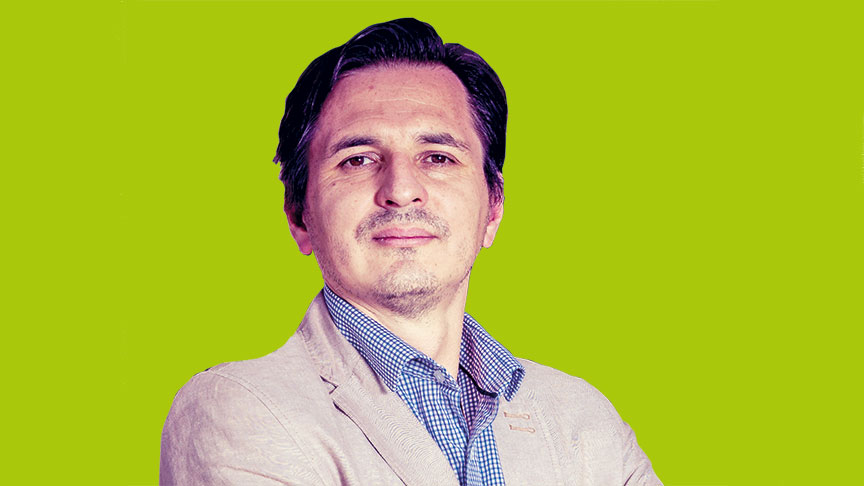Scattered throughout the rainforest, the villages of indigenous communities in the Amazon basin are difficult to access. Most are not connected to the mains power network. “Any attempts to improve electrical infrastructure fail due to a lack of political will and due to the remoteness of the people in the Amazon region,” says DAAD alumnus Dr José Jara from Ecuador. And yet a reliable power supply is vital for the region’s inhabitants: it would help ensure their basic needs were met, as well as create alternative employment opportunities. Decentralised rural electrification is one way to solve the problem: this involves electricity being generated locally by individual households using renewable energy sources.
In his research, Jara is looking at how sustainable this form of electrification is for the communities under study. “It is often difficult for the communities to understand the technologies because of the language barrier and a lack of education,” the engineer explains. “That’s why I conduct interviews with the users to involve them in the projects and take their specific requirements into account.” In addition, he is using geographical information systems to locate indigenous settlements and identify promising renewable energy sources and sites for wind, solar and hydroelectric power in Ecuador. Jara, who heads the Energy Sciences Research Group (CIENER) at the University of Azuay in Cuenca and supports collaboration with German universities as one of the DAAD’s research ambassadors, has devoted a considerable part of his academic career to renewable energy projects in his home country of Ecuador. He was also involved in building and operating the first Ecuadorian wind farm on the Galapagos Islands and in Loja Province. —

